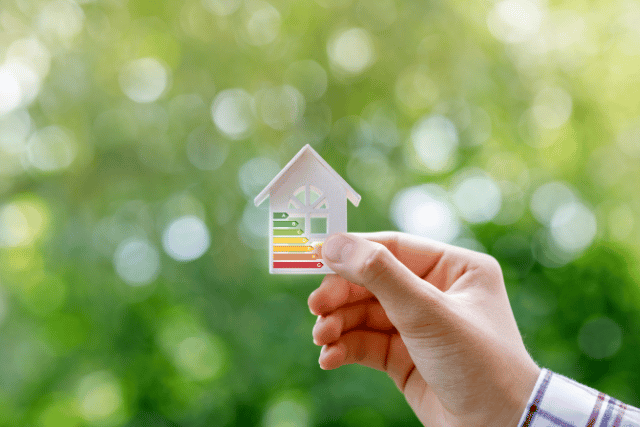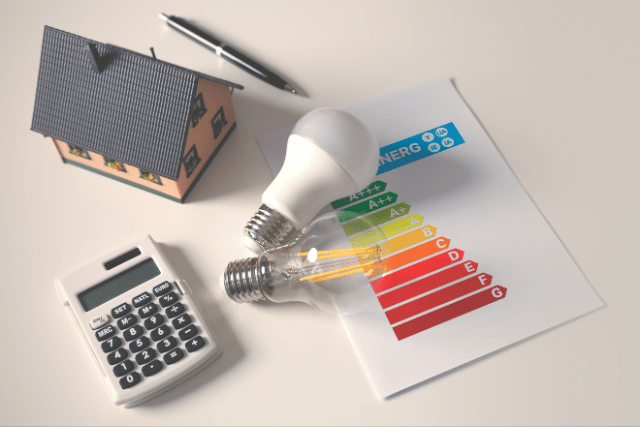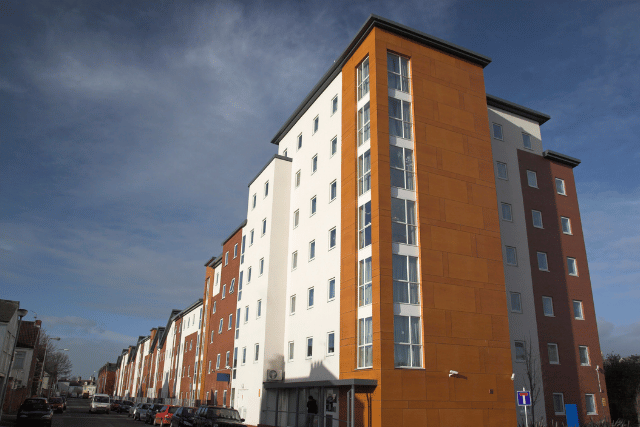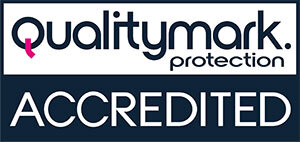What Is Energy Efficiency?
Simply put, this refers to the process of using less energy to achieve the same level of performance. For example, by insulating a building you can use less energy to achieve the same level of thermal comfort.
The advantages of prioritising energy efficiency extends beyond the immediate cost savings on energy bills.
They are also an integral part of the broader goal to combat climate change and mitigate its impact on the environment. By reducing the amount of energy required to power our homes, businesses, and industries, we decrease the volume of greenhouse gas emissions released into the atmosphere.

How Energy Efficient Is My Home?
Determining the energy efficiency of your home involves assessing various factors related to its construction, insulation, appliances, and energy use patterns. To get a good understanding of how to check your energy efficient rating, you can acquire an Energy Performance Certificate (EPC).
This is a standardised assessment that provides information about the energy efficiency of a building. An EPC will give your property an energy rating from A (very efficient) to G (inefficient) and is valid for 10 years.
This certificate is required by law when selling, renting or constructing a property. These serve a dual purpose of advocating for energy efficiency and providing essential information to potential buyers or tenants, enabling them to make better informed decisions concerning energy expenses and environmental implications.
How To Save Energy In The Home?
Saving energy in your home not only reduces your utility bills but also contributes to a more sustainable and eco-friendlier lifestyle. Here are some simple but very effective ways to save energy:
Unplug Electronics: Unplug any chargers, appliances, and electronics when they aren’t being used. Many devices consume standby power even when turned off.
Cook Efficiently: Use lids on pots and pans when cooking to retain heat and reduce cooking times. Choose the right-sized burner for your cookware to minimise energy waste.
Wash Clothes Wisely: Wash clothes in cold water when possible and use a clothesline or drying rack rather than a dryer.
Use Natural Ventilation: Open windows and use natural ventilation when the weather allows, instead of relying on heating or cooling equipment.

How To Increase Your EPC Rating From E To C?
To increase your properties EPC rating, you need to improve its energy efficiency. If your property is also at an E or even a D rating, then it can be fairly easy to increase it to a C. Here are some of the measures you can take to achieve a higher rating:
Improve Insulation: You can improve the insulation within your home, either by upgrading the walls, roofs, and floors which will help reduce heat loss. We offer a range of insulation grants such as External Wall Insulation, Cavity Wall Insulation and Loft Insulation.
Upgrade Windows and Doors: Replace single-glazed windows with double or triple glazed ones. Also install draught-proofing around the windows and doors.
Efficient Heating: Upgrade your heating and cooling systems to more energy-efficient models. This can be done through different systems such as Storage Heaters, New Boilers or Warm Air Heating.
Ventilation and Air Quality: Ensure proper ventilation to maintain indoor air quality while conserving energy.
Renewable Energy Sources: Consider installing solar panels or other renewable energy systems to generate electricity on-site.
How To Improve EPC Rating In A Flat?
Since flats are often part of larger buildings and share some common infrastructure, your ability to make changes may be limited. Here are some steps you can take to improve your EPC rating:
Lighting: Replace traditional bulbs with energy-efficient LED or CFL lighting.
Appliances: Upgrade old appliances with energy-efficient models, especially if they have a low energy rating. Look for ones with high energy efficiency ratings.
Heating System: Ensure that the heating system within your flat is working efficiently. Make sure all radiators are bled, and the system is regularly serviced.
Window Coverings: Use heavy curtains or blinds to insulate windows during the colder months, and open them during sunny days to let in natural light and warmth.
Insulation: While you may have limited control over the external walls of the flat, you can still insulate the internal walls to improve insulation.

How Much Does It Cost To Improve Energy Efficiency?
The cost of improving energy efficiency in a home or building can vary widely depending on several factors. These factors include the scale of the intended improvements, the size and type of the property, as well as the current energy efficiency.
However, with the ECO4 scheme, you can greatly reduce the costs of improving your energy efficiency. This is a government backed scheme that provides funding to help low-income households make energy-saving home improvements, such as insulation and upgrading heating systems.
This scheme was introduced to help achieve the targets set out by the government which includes reducing greenhouse gas emissions by 2050, by creating more energy efficient homes, fewer carbon emissions will be produced.
Who Qualifies For One Of Our Grants?
To qualify for one of our grants, you or someone in your household must be receiving one of the following benefits:
ECO4 eligible benefits:
- Income Based Jobseekers Allowance (JSA)
- Income Related Employment & Support Allowance (ESA)
- Income Support (IS)
- Pension Credit Guarantee Credit
- Working Tax Credit (WTC)
- Child Tax Credits (CTC)
- Universal Credit (UC)
- Housing Benefit
- Pension Credit Savings Credit
In order to qualify for a grant through the ECO4 scheme, you need to satisfy specific criteria, which can vary depending on the type of improvement you are seeking. The eligibility requirements for ECO4 are established by the UK government and encompasses the following:
Income-based Eligibility: To be eligible, you must either have a low income or receive certain benefits, such as Pension Credit, Child Tax Credit, or Universal Credit. The exact income thresholds and benefit qualifications may differ based on the specific grant you are applying for. Alternatively, you may also qualify for an ECO4 grant if your household income falls below £31,000 per annum.
Property Eligibility: Your property must meet the eligibility criteria relevant to the type of grant you are pursuing. For instance, it should have an appropriate roof for loft insulation or a suitable wall type for wall insulation.
Energy Performance Eligibility: Your property must adhere to specific energy performance standards, such as having an Energy Performance Certificate (EPC) rating of E, F or G, to be eligible for a grant.
Landlord Eligibility: If you are a landlord, you must obtain the necessary consent from your tenants to carry out energy-saving improvements and comply with additional requirements outlined by the scheme.
Check Eligibility For A Grant
Once you have filled out the form, a member of our team will be in touch with you to discuss the next steps.

